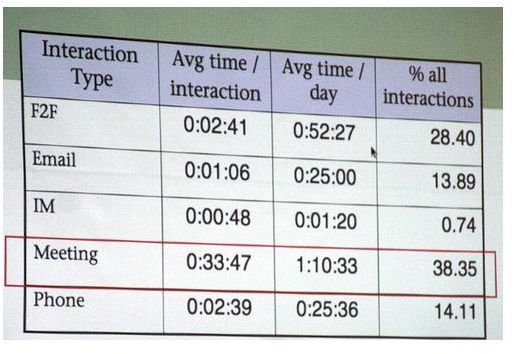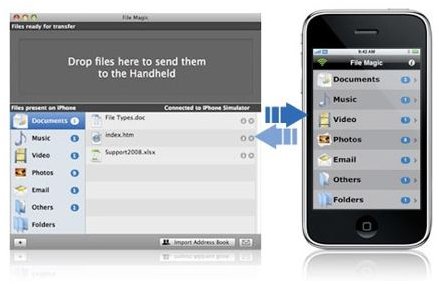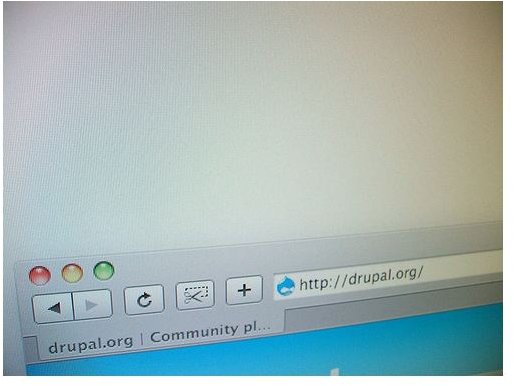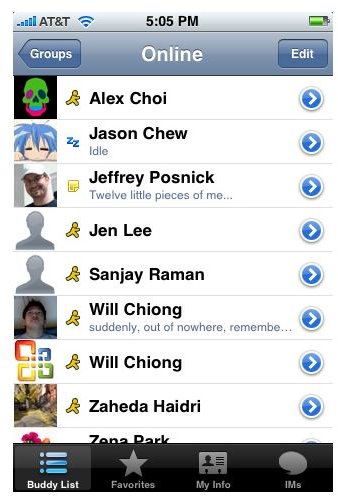The Dangers of Instant Messaging and Texting
1. Accountability
One of the most dangerous things about instant messaging is the accountability that comes with having an online alias. Everything that is said by your screen name is something that you will be accountable for, regardless of whether or not it was actually something you said.
Sadly, most of the damage that is done is by people you know. If someone has access to your screen name that knows a bit about you, they can easily create problems; they generally know enough about you to at least act like you. This is often just harmless fun but it can quickly get out of hand depending on the situation.
2. Spread of Misinformation
Similar to the above section, it is difficult sometimes to discern whether the person is who they say they are and if what they’re saying is actually true. There are a lot of ways that misinformation can be spread over instant messaging because there are no speech patterns or body language cues to go by, and you typically have to judge things on your own.
3. Anonymity and Talking With Strangers

If you are somewhat active on the Internet and are reaching out to various communities that share common interests with you, you will no doubt make friends who will want to talk to you over instant messaging.
You also have to understand that the people are strangers, and they have nothing to lose from harassing you. It’s incredibly difficult to hold anyone accountable for harassment on the Internet unless they leave a physical trail such as stealing your identity.
4. Sharing Personal Information
Sometimes instant messengers will allow you to put personal information such as your age, full name, a vague idea of your location, and sometimes even a phone number. The idea is nice in theory because it is supposed to help find people with similar interests, locations, and ages as you, but people often lie while on the Internet because it’s so easy to get away with.
Sharing personal information this way is dangerous because with an e-mail and a full name it is not difficult to find a phone number, address, and other personal information you would otherwise not want released to anyone.
5. File Sharing

File sharing is a quick and easy way of sending small files and text documents that are too long for the instant messaging client to handle. However, like anywhere on the Internet it’s easy to mistake a trustworthy file for something that contains malicious code that is harmful to your computer.
Some instant messenger clients offer a ‘Direct Connection’ option which is off by default. When active it allows two people to transfer files without needing additional permission. This can be handy if you’re sending more than one file but it can be very unsafe if left open because it allows some harmful programs to send information between the two connections with little or no indication.
6. Speaking In Turn
It could be considered offensive to speak out of turn in a phone or face-to-face conversation, and no one likes being talked over. With instant messaging there is no indication that someone is finished saying what they have to say which ends up leading to some confusion. This, in turn, can lead to a misunderstanding or misreading a situation if someone becomes flustered.
7. Responding Incorrectly
This may be a bit more rare, but I have seen it several times. One thing people take for granted is that instant messaging is instant and because of that they might come to expect a response very quickly. This can be troublesome when dealing with a serious issue that requires time to think it through.
You can either respond as quickly as possible, sometimes providing a gut reaction to something you may end up regretting later, or respond slowly and either offend someone or send a hesitant signal.
8. Untrustworthy Links

You may receive and share links between friends and family over an instant messenger but the risk factor is the same as anywhere else on the Internet. Some links lead to illegal or malicious websites that could cause problems for your computer.
There are also services that allow you to shorten very long links. This is great but it will essentially mask the URL address until it is clicked. Be careful with these links because it’s very difficult to safely judge where the link leads.
9. Harassment
Another danger of instant messaging that is sometimes difficult to deal with is harassment. Harassment can come in a lot of forms--either spamming, making threats, or any lewd behavior that is unwelcome.
Harassment can be a huge problem with instant messaging because sometimes blocking someone isn’t enough. Luckily, there are often features that are standard with instant messengers that allow you to avoid harassment altogether.
10. Human Interaction

The downside to being so globally connected via instant messaging and the Internet is that we are actually pushing each other further away. Perhaps one of the more dangerous elements to instant messaging in the long run is the continued erosion of human interaction. Instant messaging is convenient and effective at relaying short bits of information but it shouldn’t become a substitute for human contact.
Credits
All images are used for promotional purposes and are listed in the order they appear.
https://www.flickr.com/photos/infomofo/2656927634/sizes/m/in/photostream/
https://www.flickr.com/photos/eschipul/674754691/
https://www.flickr.com/photos/27620885@N02/3238702322/sizes/m/in/photostream/
https://www.flickr.com/photos/gaborhojtsy/3304132892/sizes/m/in/photostream/
https://www.flickr.com/photos/eron_iler/2490481337/sizes/m/in/photostream/
